
The AIgorythm project

Playwright and actor
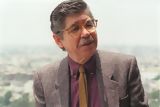
Novelist

Writer and poet

Volleyball player

Italian-Peruvian naturalist and geographer

Singer and percussionist

Last Inca emperor

Politician, former prime Minister

Journalist and TV host
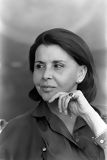
Poet

Inca warrior
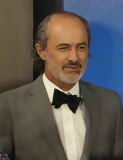
Actor and comedian

Biophysicist

Poet

Doctor and researcher
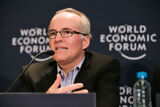
Businessman, Interbank group

Journalist and writer
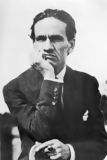
Poet and writer
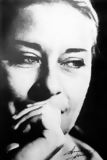
Singer and songwriter
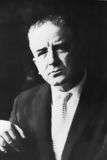
Writer

Film director, Berlin Golden Bear winner

Football player
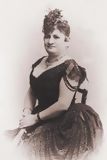
Writer and journalist
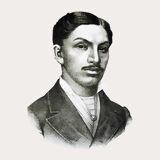
Doctor and scientist

Photograph

Chess player

Industrialist
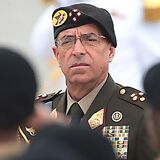
Former general

Specialist in public health

Actress and singer

Afro-Peruvian music singer

Mathematician and engineer

Indigenous chronicler

Neurologist and anthropologist

Painter

Football player
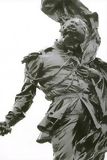
National hero, military leader

Intellectual and reformer

Chef and entrepreneur

Fashion designer

Singer-songwriter

TV presenter

Marathon runner

Indigenous Peruvian chronicler

Theologian

Former national team captain

Economist and former health minister

Inca princess

Writer and television host

Folk musician

Poet and guerrilla
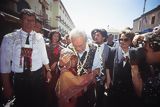
Former UN secretary-general

Chef, known for fusion cuisine

Football player

Peruvian aviation pioneer

Poet and artist
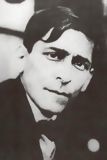
Marxist philosopher and writer

Industrialist and businessman
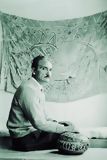
Novelist and ethnologist

Painter and muralist

Opera tenor

Fashion designer

Cardinal of Lima

Peruvian tennis player

Football coach

Leader of the indigenous rebellion
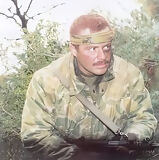
Military hero

Latin singer
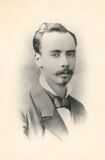
War of the Pacific hero

The youngest mother in history

Politician
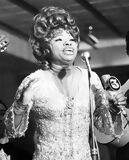
Creole music singer

Tennis player
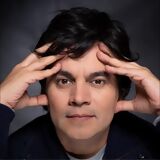
Musician

Writer and politician

Politician and founder of the Christian Democratic Party

Founder of Sodalitium Christianae Vitae

Archaeologist and anthropologist
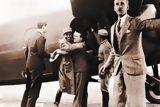
Military leader and politician

Television host
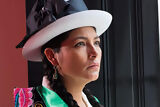
Actress and singer
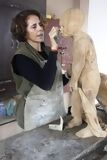
Contemporary sculptor
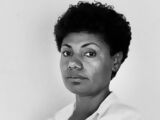
Women’s rights activist

Beauty queen

Astrophysicist

Heroine of independence
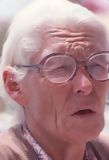
Mathematician and archaeologist

Historian and anthropologist
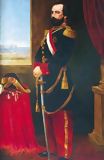
Military figure and historical figure

Fashion photographer
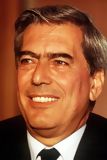
Writer, Nobel Prize in Literature, Politician

Revolutionary leader
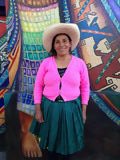
Environmental activist

Leader of the indigenous rebellion

Musician from Gaia band
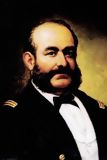
War hero
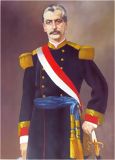
Military leader and politician

Chef, known for Nikkei cuisine

Volleyball coach and former player

Environmental activist

Television personality

Writer
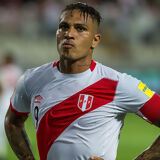
Football player

Epidemiologist and former health Minister

Inventor and aerospace pioneer

Soldier and inventor
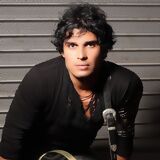
Rock singer

Chef and co-owner of Central restaurant

Painter

Football player

TV presenter and actress
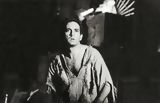
Actor
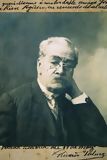
Writer and historian

Journalist and lawyer

Archaeologist, founder of Caral site
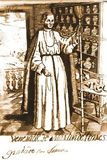
Monk and Saint
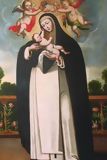
Saint, patron of Latin America

Physicist and engineer

World champion surfer

Actress

Oncologist
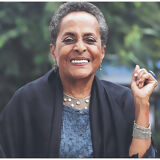
Singer, Latin Grammy winner

Former mayor of Lima

Singer

Actress

Former football player

Painter
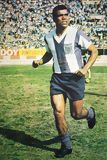
Former football player

Painter

Inca leader

Archbishop, saint
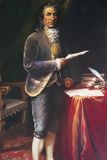
Leader of the indigenous rebellion

Revolutionary indigenous leader

Diplomat and intellectual

Sculptor and painter
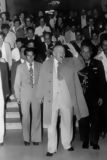
Political leader, founder of APRA

Lawyer and Former prime minister

Chef of Central restaurant
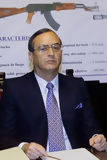
Former head of secret services

Popular singer

Fashion designer

Exotic music singer
Federico Villarreal Villarreal was born on August 3, 1850, in Túcume, Lambayeque, Peru. He was a prominent Peruvian mathematician, engineer, and politician, known for his significant contributions in the field of exact sciences and his role in the development of education in Peru. Throughout his life, Villarreal made a lasting impact on Peruvian academia, excelling as both a teacher and a mathematical researcher.
Federico Villarreal was born into a modest family in northern Peru, but this did not prevent him from developing an interest in knowledge from an early age. During his childhood, he demonstrated an exceptional talent for mathematics, which allowed him to enter the National University of San Marcos in Lima, where he studied engineering and mathematics. At university, he quickly stood out for his intellectual brilliance, particularly in areas such as geometry and algebra.
His passion for exact sciences led him to obtain several academic degrees, making him one of the first Peruvian mathematicians to conduct original research in the field of pure mathematics. Despite the technological and resource limitations of his time, Villarreal managed to produce contributions that positioned Peruvian mathematics on an international level.
Federico Villarreal is primarily remembered for his significant contributions to mathematics. Among his most notable works were his research on differential equations and his contributions to number theory. Villarreal also advanced the field of geometry, being recognized for his studies in projective geometry and linear algebra. His work in these fields was pioneering in Latin America and placed Peru on the international scientific map.
One of Villarreal's most remarkable achievements was solving a geometry problem that had puzzled European mathematicians of his time. Through his research, Villarreal demonstrated that Peruvian mathematicians could compete at an international level, and his contributions were recognized in several scientific publications abroad.
In addition to his work as a researcher, Federico Villarreal dedicated much of his life to teaching. He was a professor at several higher education institutions in Peru, including the National University of San Marcos and the School of Engineers of Peru (now the National University of Engineering). Through his teaching, Villarreal trained generations of mathematicians and engineers who would later follow in his footsteps in the academic and professional world.
Villarreal was a strong advocate for the importance of mathematics in the country's development and championed the creation of educational programs that promoted the study of exact sciences. His commitment to education led him to actively participate in Peru's educational reform, being one of the key proponents of modernizing university curricula in the country.
Throughout his life, Federico Villarreal was also involved in politics, using his training as an engineer and mathematician to contribute to the country's development. He held several public positions where he promoted infrastructure and modernization projects, particularly in the field of public works. His knowledge of civil engineering allowed him to participate in the construction of important infrastructure that contributed to Peru's economic and social development.
Moreover, Villarreal consistently advocated for the importance of science and technology in public policy, arguing that the country's progress depended on strong education and investment in scientific research. His forward-thinking ideas made him an influential figure both in academia and in the political sphere.
Federico Villarreal remained active in academia and politics until his final years. He passed away on June 3, 1923, leaving an immense legacy in Peru. Today, he is remembered not only for his contributions to mathematics and engineering but also for his dedication to education and the country's progress. His name lives on in the academic world, with several institutions and awards bearing his name, such as the National University Federico Villarreal, founded in his honor.
Federico Villarreal was a pioneer in the field of mathematics in Peru and a staunch advocate for the importance of education and science for the country's development. His contributions in the fields of pure mathematics, engineering, and politics make him a central figure in the history of science and education in Peru. His legacy lives on through the institutions that bear his name and through the generations of scientists and academics who continue to draw inspiration from his example.